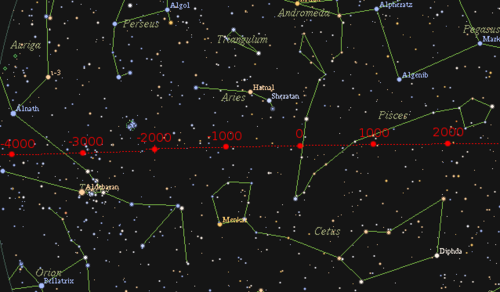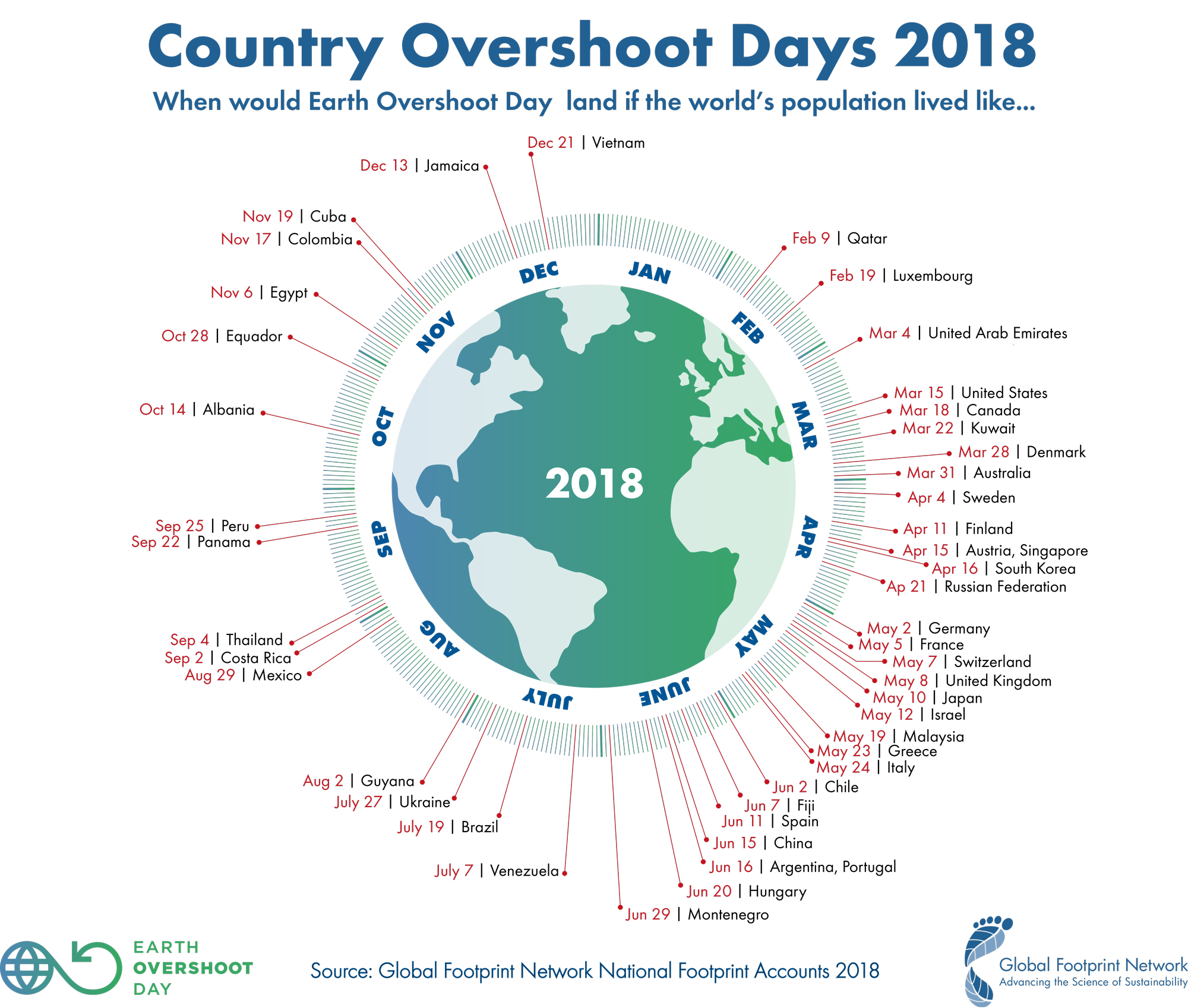En bekant sa nyligen till mig att det är orättvist att alla människor i världen inte har ungefär lika mycket, att alla inte har det ungefär lika gott ställt materiellt. Jag var i situationen oförmögen att ge något särskilt bra svar - låt se om jag lyckas bättre nu. Det finns för många hopplösa, välmenande men förvirrade premisser bakom utsagan för att den ska få tillåtas stå oemotsagd.
Ponera följande: ett gift par skaffar två barn, ett annat skaffar tio. De har båda lika mycket egendom och inkomster. Den första familjen kan därför leva mindre trångt och med högre materiell standard än den andra. När barnen blir vuxna kommer de med all sannolikhet att gå olika öden till mötes. Den lilla familjen kan betala för utbildning och bostad åt sina barn och låta dem ärva egendom, till exempel hus eller jordbruksmark. I den stora familjen blir det ett betydligt mindre arv per person och föräldrarna kommer inte kunna ge lika mycket tid eller resurser till alla sina barn utan tvingas kanske satsa på ett eller två. Medan den första familjen kan förmera eller åtminstone bibehålla sin egendom och inkomst per capita så är risken stor (i de flesta samhällen) att tiobarnsfamiljen blir allt fattigare. Snart hyr barnen från den stora familjen ut sin arbetskraft till barnen från den lilla familjen bara för att få det att gå ihop, och klassamhället är ett faktum.
Var någonstans har en orättvisa begåtts? Om vi är överens om att orättvisor inte får tillskrivas naturen eller Allsmäktig Gud så återstår möjligen föräldrarna till den andra familjen, som var "orättvisa" mot sina första barn genom att skaffa ännu fler barn senare. Men så är det sällan någon som tänker, troligtvis inte de berörda barnen heller; agget riktas mot dem som har det bättre än du själv. Min bekant föreslog i varje fall att full rättvisa endast kan realiseras om de som har delar med sig villkorslöst med dem som inte har. Exemplet ovan demonstrerar - hoppas jag - absurditeten, faktiskt orättvisan, i en sådan princip. Om de båda familjerna i det här fallet skulle tvingas dela på allt de hade så skulle den andra familjen sluta med tre fjärdedelar av välståndet (12 personer mot 4 personer) enbart i kraft av numerär överlägsenhet.
Därmed inte sagt att världen är rättvis - men klasskillnader behöver inte vara orättvisa i sig. Och även om de inte är det så kan de förstås vara problematiska i sina långsiktiga konsekvenser.
Ponera följande: ett gift par skaffar två barn, ett annat skaffar tio. De har båda lika mycket egendom och inkomster. Den första familjen kan därför leva mindre trångt och med högre materiell standard än den andra. När barnen blir vuxna kommer de med all sannolikhet att gå olika öden till mötes. Den lilla familjen kan betala för utbildning och bostad åt sina barn och låta dem ärva egendom, till exempel hus eller jordbruksmark. I den stora familjen blir det ett betydligt mindre arv per person och föräldrarna kommer inte kunna ge lika mycket tid eller resurser till alla sina barn utan tvingas kanske satsa på ett eller två. Medan den första familjen kan förmera eller åtminstone bibehålla sin egendom och inkomst per capita så är risken stor (i de flesta samhällen) att tiobarnsfamiljen blir allt fattigare. Snart hyr barnen från den stora familjen ut sin arbetskraft till barnen från den lilla familjen bara för att få det att gå ihop, och klassamhället är ett faktum.
Var någonstans har en orättvisa begåtts? Om vi är överens om att orättvisor inte får tillskrivas naturen eller Allsmäktig Gud så återstår möjligen föräldrarna till den andra familjen, som var "orättvisa" mot sina första barn genom att skaffa ännu fler barn senare. Men så är det sällan någon som tänker, troligtvis inte de berörda barnen heller; agget riktas mot dem som har det bättre än du själv. Min bekant föreslog i varje fall att full rättvisa endast kan realiseras om de som har delar med sig villkorslöst med dem som inte har. Exemplet ovan demonstrerar - hoppas jag - absurditeten, faktiskt orättvisan, i en sådan princip. Om de båda familjerna i det här fallet skulle tvingas dela på allt de hade så skulle den andra familjen sluta med tre fjärdedelar av välståndet (12 personer mot 4 personer) enbart i kraft av numerär överlägsenhet.
Därmed inte sagt att världen är rättvis - men klasskillnader behöver inte vara orättvisa i sig. Och även om de inte är det så kan de förstås vara problematiska i sina långsiktiga konsekvenser.






